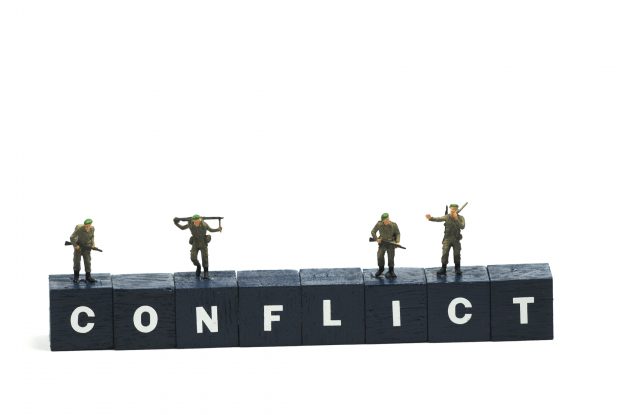When you separate from a partner there can be a whole myriad of emotions. Anger, resentment and fear are common and it is sometimes from a place seeped with these emotions that each party reacts. When you react from a place of anger or fear you can often be seen as being aggressive or threatening. A defensive reaction is often one designed to launch a preemptive attack and to wound before you are wound-ed. Our brains are complicated machines but when we feel threatened we often react in the same we would have done when facing a large animal as a caveman. It is not with rationale, strategy or compassion.
There is no ‘one size fits all’ separation but there are common themes that often run through the situation when things are starting to get heated. Ask yourself honestly if any of these apply to you:
- The decision to separate was made by you and your ex-partner is struggling to come to terms with this. Or you may be the person who is struggling to come to terms with things. It takes time to deal with a separation and there is a whole grieving/healing process that people go through. Often the person who made the decision to separate has been contemplating it for some time and is therefore further head in their recovery. There is also no set time frame and what may take on person six months may take another two years. If you find that you or your ex partner are reacting angrily or aggressively in discussions then maybe one of you (or both of you) need a little more time before making long term decisions.

- Do you feel heard? Do you think that your ex partner feels heard? Feeling that you’re not being listened to is one of the most frustrating things. It is often a trigger for adults and children alike. Being in an upsetting situation and feeling that you are not having your point of view taken seriously, or your concerns are not being taken on board can quickly make a calm discussion escalate. It’s important that both parties take time to hear each other and to understand the other’s point if view. It doesn’t mean you have to agree with it. It is impossible to resolve an issue if you don’t fully understand what the issue is.
- A separation can also act as a trigger for other issues that have been unresolved during your life. Things that you may have felt you had put to bed may come back because you are feeling similar emotions following the decision to separate. It can feel overwhelming going through so many emotions, or feeling such intense feelings. Dealing with all this on top of having to hold down a job and look after children can quickly feel like overload. In this situation it’s easy to react from a place of ‘I can’t deal with another thing’. If you feel like that, or you can see that happening in your partner then it’s important to address. Work out whether there is anything you can temporarily shelve or get help with. If you feel it runs deeper than that then it might be time to get extra help from your GP or a therapist.

If discussions between you and your ex partner are becoming heated then it’s important to take action as soon as possible and especially so if these discussions are taking place anywhere near your children. Just because you’re in another room doesn’t mean they don’t know it’s happening. Have you ever turned up somewhere and instinctively known that the couple you’re meeting have just had a large argument? It’s the same for children. Doing the same thing over and over again is likely to generate the same outcome. So try to do something differently.
Working out what is triggering you to become angry or fearful will often help. Look at whether a different location, or another time of day would make discussions calmer. A coffee shop may be a better place to talk rather than the home you previously shared. If you’re really struggling then consider trying mediation so that a specially trained mediator can help you to look at ways to get communication back on track.
You can also sign up to our free mailing list to get tips on improving your communication.


One comment